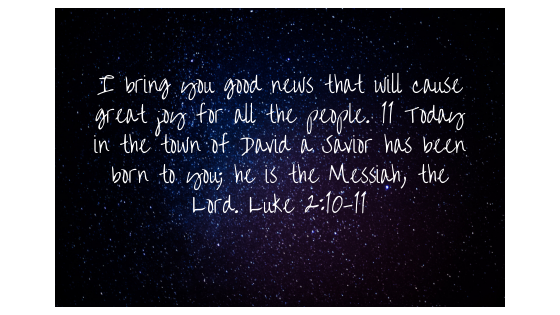One sunny day several years ago, we piled the surfboards in the car and headed to the North Shore for a family day at the beach.
Towards the end of the day, we stopped at one last beach. The waves were perfect for my young kids who were learning to surf.
This particular beach consisted of two breaks: a small, gentle, inside break and an outside break which was a little more challenging to navigate. What we didn’t know was an invisible channel, known to have a very strong current, existed between these two breaks.
It was after 4pm when our three oldest children journeyed into the ocean. They were laughing, splashing and having a lot of fun, that is until the conditions changed.
Without warning, the skies quickly turned from sunny and serene to overcast and ominous. And as the sun began to set, the waves that had been gentle just minutes before, transformed into powerful waves with a potent current.
In fact, the current was so strong it quickly sucked my kids towards a dangerous rocky area. I watched from the shore as the waves and current battered them, dragging them further and further from shore!
I leaped into action, doing what I do very well – panic and freak out.
However, yelling at them from the shore, while creating a lot of attention and drama, wasn’t very productive. My kids were stuck and unable to break away from the powerful surf on their own strength.
So I enlisted the help of the lifeguards.
While the lifeguards saw the threat and acted quickly to help, my kids were so busy having a great time, they were completely unaware of the imminent danger facing them.
As the lifeguards paddled out to save them, my kids were incredulous that I would send someone to rescue them. In their opinion, they were perfectly fine and had everything under control.
Even today, if you were to ask my kids, they would ALL tell you the lifeguards were a nuisance that day.
They would tell you the lifeguards were ruining their fun.
They would tell you that the lifeguards were an inconvenience, interrupting their day at the beach.
They would tell you they didn’t need to be rescued.
Because they didn’t see their need to be saved.
When you don’t think you need to be rescued, the idea of a savior is a big “yawn”… a “sigh”… or maybe even boooooring.
For many people (perhaps this may even be your perspective), this is how they view God. They don’t see their need for him.
The whole idea of Christianity and following Jesus is inconvenient, interfering with their lives and ruining their fun.
But for those of us who have experienced the pull of life’s current…
For those of us who have been beaten by the swell of the waves…
For those of us who have been pulled under and tossed around on the ocean shore until we’re exhausted and sinking –
We understand the Story differently. We respond to the Savior with gratitude and sobering humility.
Because God came to do for us what we are powerless to do for ourselves.
He sent Jesus, to rescue us.

I bring you good news that will cause great joy for all the people. 11 Today in the town of David a Savior has been born to you; he is the Messiah, the Lord. Luke 2:10-11
God sent a Savior. Not a helper, not a life coach, not more rules or rigid expectations.
A Savior.
But until you come to grips with the fact that you need to be rescued, the idea of a Savior is an inconvenience, a “yawn”, or someone who’s just trying to ruin your good time.
But for those who have truly embraced their brokenness and are conscious of what Jesus truly did for them, our response is much different.
It’s not, “I have to…” or “I need to…”
When we think of Jesus we experience an unfiltered joy and unsolicited devotion. There is an appreciation and gratitude that extends beyond obligation because…
He saved me.
And that, my friend, is really good news for all people.
Talk it over…
- Do you see your need for a Savior? Why or why not?
- Why is a Savior waht we need the most?
- How has your life been transformed by Jesus? If you haven’t taken this step, what’s hindering you from making peace with God?


